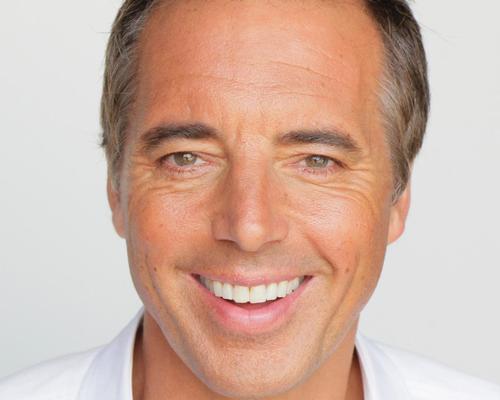20 Jun 2018
‘Blue Zone Communities’ to be explored at GWS
BY Jane Kitchen

Dan Buettner – who identified the five places in the world where people live the longest, healthiest lives and founded Blue Zone wellness communities – will discuss the science of living longer at the Global Wellness Summit this October at the Technogym headquarters in Cesena, Italy.
Buettner is an explorer, National Geographic Fellow and best-selling author. He discovered what he termed “Blue Zones” – places where people regularly live and thrive to age 100.
Buettner is also the founder of the Blue Zone Projects, wellness communities across the US that design in key Blue Zone lessons learned and which have been successful in curbing obesity and smoking, and boosting overall quality of life and activity levels.
“Everyone in the wellness industry needs to understand the lessons from the Blue Zones, and Dan Buettner’s work is rapidly changing the ways the world thinks about health, wellness, happiness, prevention, aging and longevity,” said Susie Ellis, GWS chair and CEO.”This is real-world science that’s far more relatable than dry statistics. And how perfect that he will be with us in Italy, which is home to Sardinia, one of the five Blue Zone Regions where the whole Blue Zone story began.”
The first Blue Zone research (and the term itself) came from Dr Giovanni Pes, a physician/demographer who studied the southern Italian island of Sardinia, whose population boasted extraordinarily high life expectancies – including the highest concentration of male centenarians in the world.
Dr Pes, who will also present at the Summit, hypothesised that he would find a genetic variant supporting longevity there, but instead found that close family/social bonds, daily physical activity and a plant-based diet were key.
Buettner expanded the research, identifying four other regions beyond Sardinia where people statistically live the longest: Okinawa, Japan; Nicoya, Costa Rica; Icaria, Greece; and the Seventh-Day Adventist community in Loma Linda, California. His findings appeared in a National Geographic cover story, "The Secrets of a Long Life", which, like his article in the New York Times, are two of the most popular ever for the publications.
Buettner, with a team of medical researchers, anthropologists and demographers, spent eight years studying why Blue Zone populations lived so much longer and happier. He identified the Power 9, shared lifestyle behaviours that keep people thriving to 100: 1) moderate regular physical activity (not exercise, but natural movement) 2) life purpose 3) moderate caloric intake 4) plant-heavy diets 5) stress reduction 6) moderate alcohol 7) social engagement 8) strong family life, and 9) engagement in spirituality/religion.
Since 2010, Buettner has applied these nine lessons to new wellness community projects in the US called the Blue Zone Projects.
Blue Zone Project developers work with governments, employers, health insurance companies, schools, grocery stores, restaurants and engineers to help people naturally move more, eat wisely and connect with others. The results have been double-digit drops in obesity and smoking rates, along with impressive increases in activity levels. For example, the California Beach Cities Project saw a 14 per cent drop in obesity and a 30 per cent decrease in smoking rates across the entire community after just two years.
"The Global Wellness Summit is a major opportunity to refocus on the true causes of disease,” said Buettner. “For the first time in human history, people are not dying of overwork and hunger. In fact, over two-thirds of the world population will likely die from (largely avoidable) chronic disease brought on because we’ve engineered physical activity out of our lives and we consume too many of the wrong kind of calories. The key to improving world health – and living longer lives – is reshaping our environment to make the healthy choice the default for people everywhere.”
Close Window